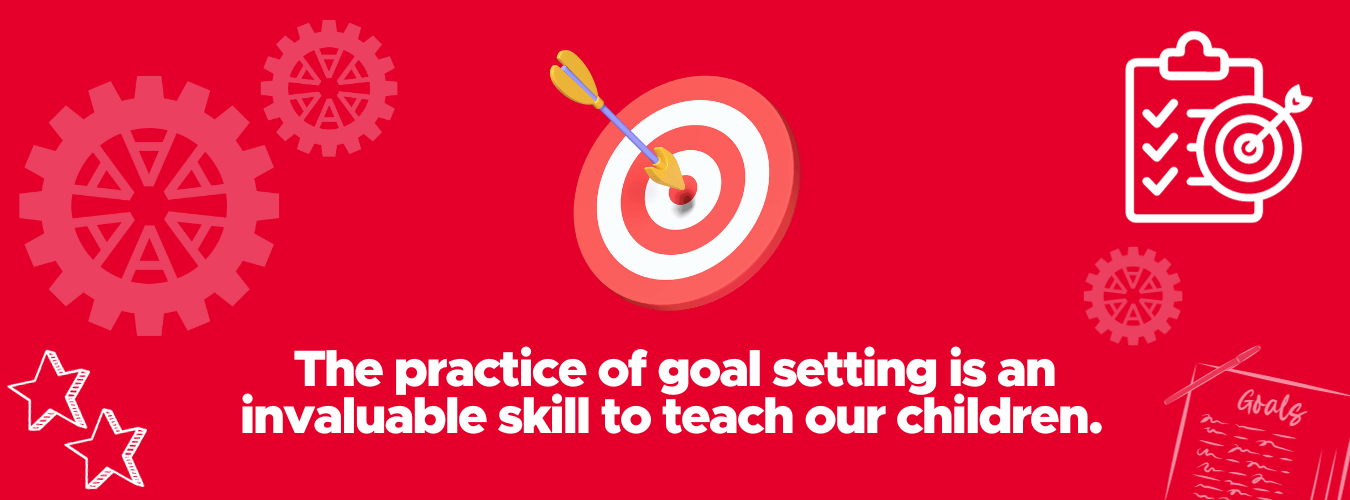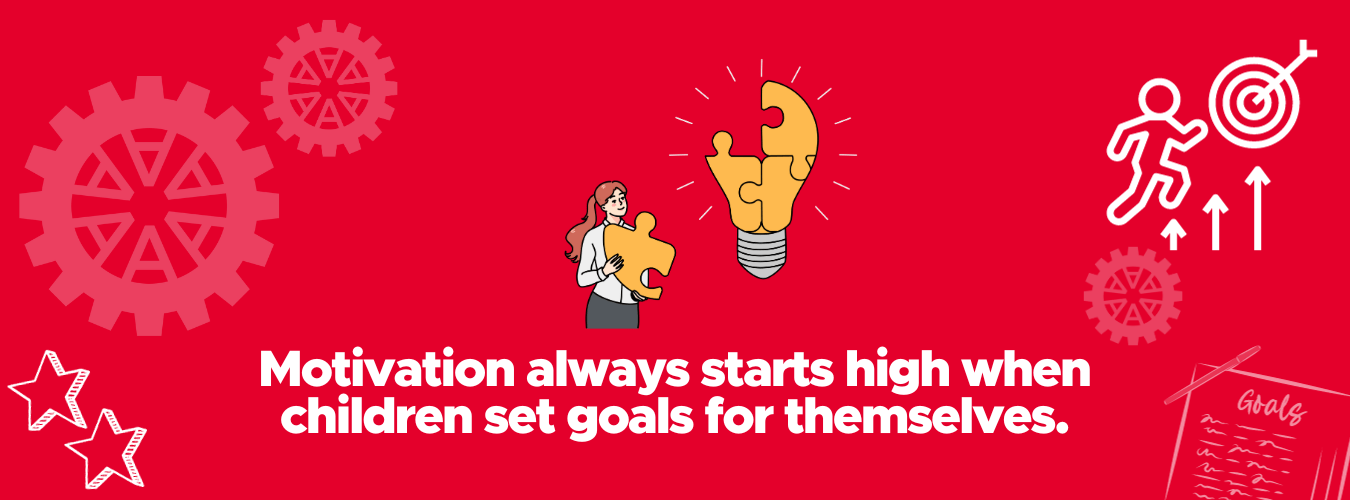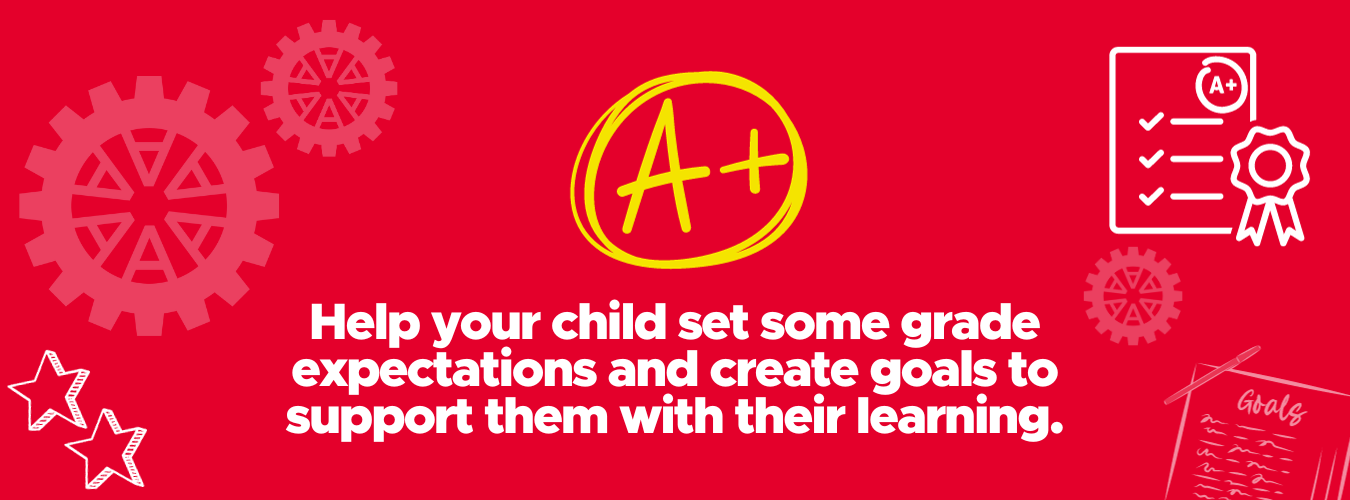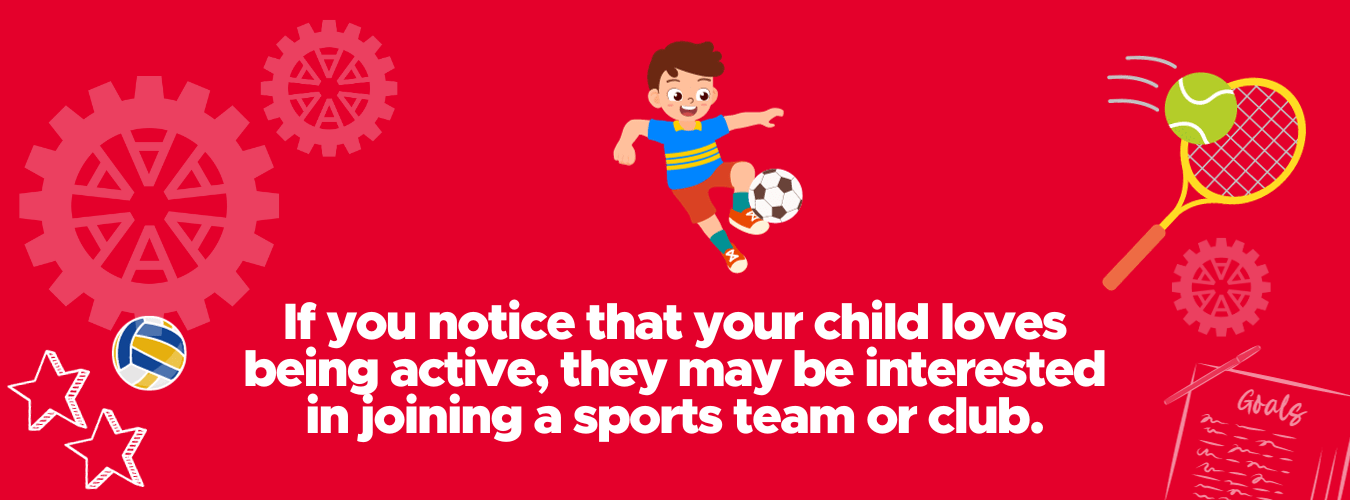Empowering Growth: Goal Setting for the New Year and Beyond

As we welcome the New Year, it's an ideal time to reflect on our dreams and aspirations. While adults often engage in crafting their New Year's resolutions and goals, encouraging our children to set achievable goals can be profoundly beneficial as well.
Goal setting imparts invaluable life skills to children, such as problem-solving, self-reflection, self-care, focus, and perseverance. These skills contribute to building their confidence and self-esteem.
In this article, we'll explore why goal setting matters for kids, suggest the types of goals they should consider, and provide practical and helpful tips to help them establish goals that are within their reach for the year ahead.
The Significance of Goal Setting for Kids
Introducing children to the concept of goal setting is an excellent way to teach them how to work independently towards their aspirations. This not only instils discipline but also fosters the development of good habits and the ability to plan—skills that will serve them well into adulthood.
Moreover, goal setting instils a sense of self-care and purpose, nurtures decision-making abilities, bolsters self-confidence, and cultivates independence. It's a powerful tool for personal growth, mental well-being, and building a fulfilling life.
Guiding Children in Setting Meaningful Goals
Before delving into the process of resolutions and setting goals for the year ahead, engage in a meaningful discussion with your child about their desires and the reasons behind their aspirations. This initial conversation is crucial for setting clear, realistic, and specific goals that align with their capabilities.
Teaching your child the SMART goal framework—Specific, Measurable, Achievable, Relevant, Time-based—provides a clear direction for areas of their life and provides a structured approach:
- Specific: Goals should precisely define what they want to achieve and outline the necessary steps to reach their destination.
- Measurable: Goals should incorporate clear metrics to gauge progress.
- Achievable: Goals must be realistic, and consider the child's age and abilities.
- Relevant: Goals should resonate with the child's interests and long-term aspirations.
- Time-bound: Goals should feature a set deadline, creating a sense of urgency and commitment.
For example, if the overarching New Year resolves to maintain a journal for the entire year, break it down into smaller, actionable goals, such as writing in the journal three times a week.

Crafting an Action Plan
Not all goals are easy to achieve, which is where an action plan comes into play. This serves as a roadmap, guiding children in the right direction and helping them stay motivated and on course to attain their goals.
Tracking progress towards the same goal is equally vital—document the goal, its inception date, and the date it was achieved. Visual aids like reward charts or star charts can motivate children and help them stay on track.
As children grow and reach a certain age, it's essential to grant them the autonomy to set goals and make decisions independently. Instead of dictating goals to your child, offer them the opportunity to lead by example, create goals, and choose their objectives.
Regular Progress Check-Ins and Reflections
Motivation often peaks when children set their goals but may diminish over time due to competing commitments, new friends or distractions. Conducting regular check-ins on their progress serves as a valuable reminder of their goals and the reasons motivating them. These periodic check-ins also offer an opportunity to revise goals that may have evolved or can provide the opportunity to introduce new objectives.

Celebrating Goal Attainments
Setting resolutions is enjoyable, but the most gratifying part is celebrating when those goals are achieved! Marking an accomplishment can take the form of organising a special activity, such as a day out at their favourite beach, a special lunch, or a movie night with their family.
Regardless of how big or small the reward is, it's essential to make reaching the milestone a distinctive and memorable event.
Popular New Year's Resolutions for Children
Achieve or Maintain Good Grades: Encouraging academic excellence is a wise investment in your child's future. Begin by discussing their academic goals for the year and setting clear expectations.

Create a calm study environment and consider seeking extra support through after-school tutoring. Remember, it's not just about grades; it's about nurturing a lifelong love for learning.
Exercise Daily: Promote a healthy lifestyle by making daily physical activity a family affair. Encourage your child to find enjoyable activities and set achievable exercise goals. Consider tracking their progress and celebrating milestones to keep them motivated.
Start a Savings Account: Teach financial responsibility early by involving your child in opening a savings account. Explain the concept of saving and the importance of planning for the future. This early exposure to money management will serve them well in adulthood.
Try New Hobbies or Sports: Foster personal growth by encouraging your child to explore new interests. Have a conversation about their passions and introduce them to various hobbies and sports.

Enrol them in introductory classes or clubs to get them started. This resolution is about nurturing curiosity and a willingness to embrace new experiences.
Eat Healthy: Promote healthy eating habits by educating your child on balanced nutrition. Involve them in meal planning and preparation, and teach them the benefits of different foods.
Set fun challenges like trying new vegetables or creating colourful "rainbow plates." This resolution instils a lifelong appreciation for nutritious eating.
As we embrace the New Year, empower your child to set and navigate their goals, fostering excitement for the opportunities of personal growth and accomplishment that lie ahead. Even if their resolutions encounter occasional setbacks, these experiences can be transformed into valuable learning opportunities.
At NumberWorks'nWords, we provide holiday programmes to help children strengthen their maths and English skills in preparation for the school year ahead. Our tutoring programmes are designed to help students set and achieve their learning goals throughout the year.
Whether you think your child needs a boost before returning to school next week or needs to build on their foundational skills, our customised tuition caters to all types of learners aged 5-16. To learn more about our after-school tuition, contact your local centre and book a free assessment today!




